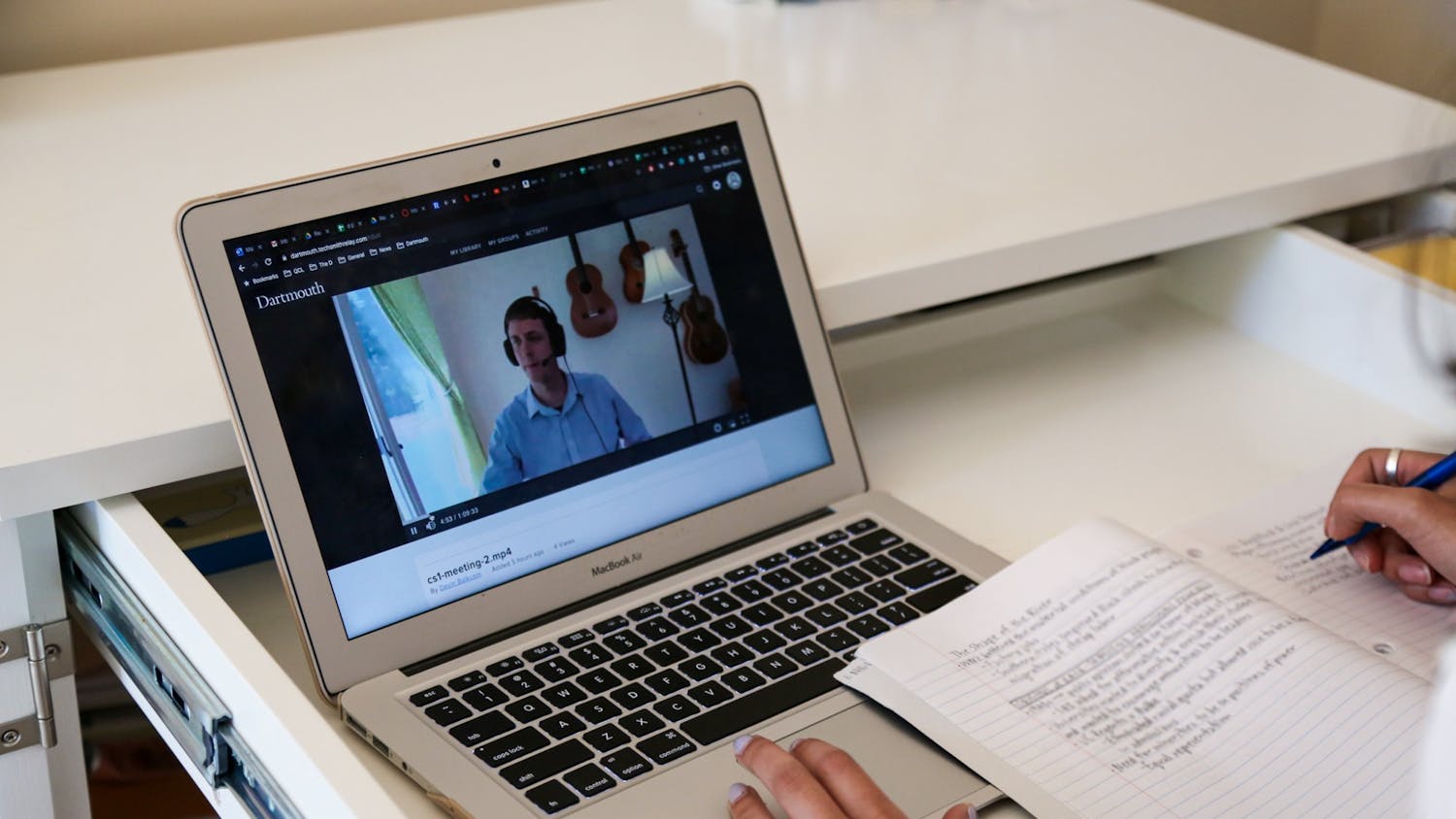For international ’24s, dealing with time zone differences, worrying about getting to know people over a screen and struggling to make club meetings were certainly unexpected occurrences this fall. I, for one, never pictured myself dealing with a 13-hour time difference and attending office hours at four in the morning while taking classes in Seoul, South Korea.
International ’24s Zoom in from all over the world. With time differences ranging from one hour to nearly an entire day, the pandemic has forced international ’24s to make drastic changes to their daily schedules.
Ameliija Swaffer-Selff ’24, living in Moura, Australia, has been facing a 14-hour time difference. For her, the time difference made choosing and taking classes challenging.
“I didn’t want to be doing classes at three in the morning, and the latest I [wanted] to be up was two in the morning, if possible,” Swaffer-Selff said.
While Swaffer-Selff luckily managed to get all of her first choices for course election, she still has to attend classes that range from 11 p.m. to 1:30 a.m. in her local time. She said that having late-night classes three times a week has been difficult since many of her classes are heavily discussion-based.
“At the start of the term, especially when I wasn’t used to it, it was really hard to listen, focus and think about what I was saying at such a late hour,” Swaffer-Selff said. “I [don’t] think anyone functions at their best in the middle of the night.”
Clubs are another facet of campus life from which many international ’24s have felt disconnected. Blitzes arrive every day to announce weekly meetings for student organizations, and the disappointment one feels when realizing that the meeting time is at an impossible local hour is devastating. The majority of club meetings are held during the afternoons and evenings when students on the east coast have finished classes — a time much less convenient for many international students. Finding it impossible to stay up around the clock, some international students give up attending club meetings after the first one.
Several students even concluded that sitting in on meetings is simply unviable for them. Kira Fontaine ’24, who is studying from Hong Kong, came to the hard decision not to partake in any club activities this term.
Fontaine decided that she would rather wait to be involved in clubs when she is on campus and able to participate fully. She said she was worried that if her experience was negatively impacted by the time difference, her image of clubs at Dartmouth would be tainted and affect her future involvement.
Others have devised their own ways to deal with time zone issues.
Ningning Sun ’24, from Xiamen, China, felt it was necessary to completely flip her sleep schedule so that she could make it to her clubs and classes late in the afternoon on the east coast. For the past six weeks, she has been sleeping during the day in her local time and going to class and clubs during the night.
“I feel like a reversed schedule is [working] pretty well,” Sun said. “I’m healthy, and I [feel] motivated in my studies if I get plenty of sleep.”
However, she conceded there are still some pitfalls to her reversed schedule, such as not being able to get a variety of healthy meals for lunch. Since Sun eats lunch at around midnight in her local time, her choices of food are restricted to late-night takeout snacks such as sushi. Another drawback is that the daytime construction in Xiamen has been giving her trouble falling asleep.
Unfortunately, time zone differences aren’t the only difficulty that international ’24s spending the term at home face. While students on campus are able to hike local trails or sit on the Green with a friend, students not on campus have been deprived of such opportunities. With Zoom being the only way to keep in touch with people and make new connections, international students admit that they are missing out on in-person interactions.
Relationships can be formed over a screen, but they come with challenges. Important factors such as body language, pauses and facial expressions are often difficult to interpret over Zoom, and silences that would otherwise feel normal during an in-person conversation can suddenly feel horrifyingly awkward over a computer.
Swaffer-Selff said that while on a Zoom call, one of her friends took her on a virtual dorm tour, introducing her to everyone they ran into.
“It was neat because I recognized a lot of names,” Swaffer-Selff said. “But you don’t actually know the people. It’s just really weird.”
As they deal with various troubles abroad, many international ’24s await the day they can finally set foot on the Green and find their home on Dartmouth’s campus.




